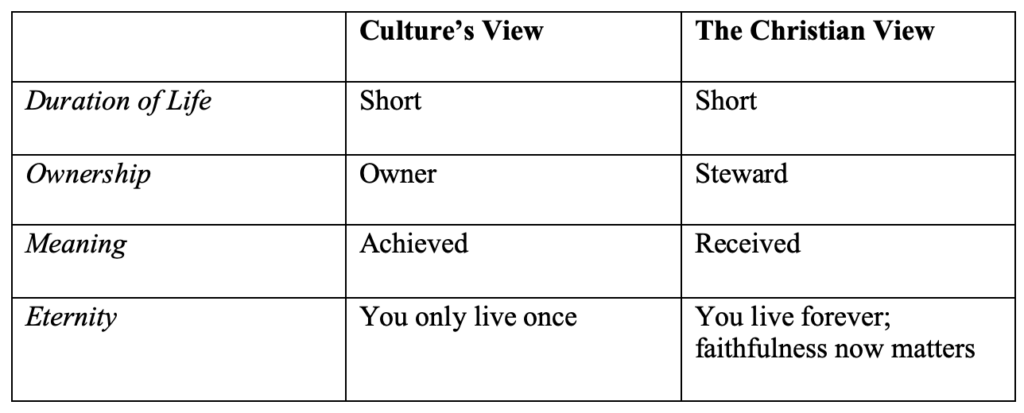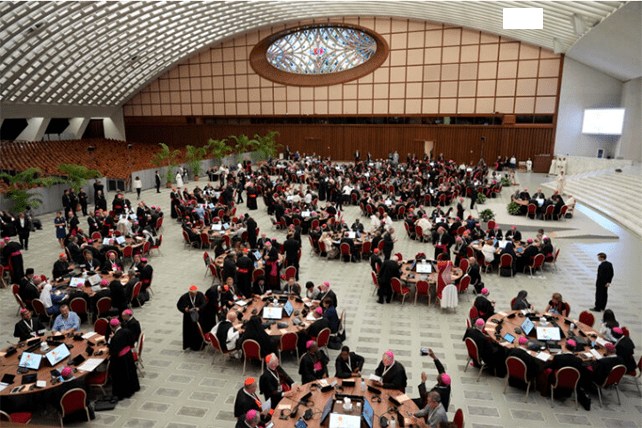There are different types of people who give anonymous criticism. I’ve been a small business owner, elected official, church planter and church revitalizer. So perhaps I’ve received more than my share.
As a leader for over 30 years, I’ve received my share of criticism. It comes with leadership. In my experience, if you aren’t receiving any criticism—you probably aren’t leading. You might be maintaining current systems well, but leadership is taking people somewhere new. That involves change. And that always invites some level of criticism.
You can read a previous post HERE on how I process anonymous criticism.
I know others do—and that’s okay for them—but I don’t automatically dismiss criticism because someone doesn’t sign their name. I try to consider if something in my leadership caused this person to feel the need to remain anonymous. (My StrengthFinder indicates I can tend to be controlling—something I have to continually guard against.) I have had people go to the trouble of making up a name and an email address. This was obvious because details are often accurate, but none of the information matches anyone in our database.
I also try to discern if this criticism is from someone who feels the need to remain anonymous. Perhaps something in their past (or present) keeps them from sharing their name. While I would always prefer to talk with the person, I try to reconcile his or her reasoning for withholding a name.
The reality is I believe there are at least four different motivations for a person offering anonymous criticism. I don’t believe this is the right option to take in giving criticism. It doesn’t fit well with my straightfoward personality. But I realize everyone is not like me.
4 Types of Anonymous Critics
Fearful
This is the anonymous critic who is simply afraid of conflict; perhaps because they’ve been injured by it previously. It may not be that the person doesn’t like you or the organization or that he or she doesn’t have good suggestions for improvement. This anonymous critic simply can’t bring him or herself to reveal his or her identity, because of fear. (Controlling leadership often develops this type of anonymous criticism.)
Pleaser
This is the anonymous critic who wants everyone to get along, and doesn’t want to create any problems or tension. He or she thinks you need to know something, but would rather not be the one to tell you. They are afraid you won’t like them if they tell you what’s on their heart or mind.
Troublemaker
This is the anonymous critic who is trying to stir up trouble and knows that throwing the anonymous criticism in the loop causes confusion and concern. These people are disrupters and critics I’d rather avoid reading if I could always discern this was the critic’s intent. (They are my least favorite kind of critics.)
Passive
This is the anonymous critic who has low interest in the organization and would prefer not to be bothered any further. It could be the one who feels intimidated by you or the position. This anonymous critic doesn’t want to be in the middle of the conflict, but thinks you need to know what he or she has to share.
Obviously, as leaders, we would prefer to know who is throwing the punches our way. It’s hard to defend ourselves against an unknown “enemy.” And sometimes that’s how anonymous critics make us feel—like we have an enemy. The fact is, however, you can’t always know which of these types you’re dealing with, but it does help me think through my approach to anonymous criticism when I can discern their motivation.
This article originally appeared here and is used by permission.












 The headcount of
The headcount of 













